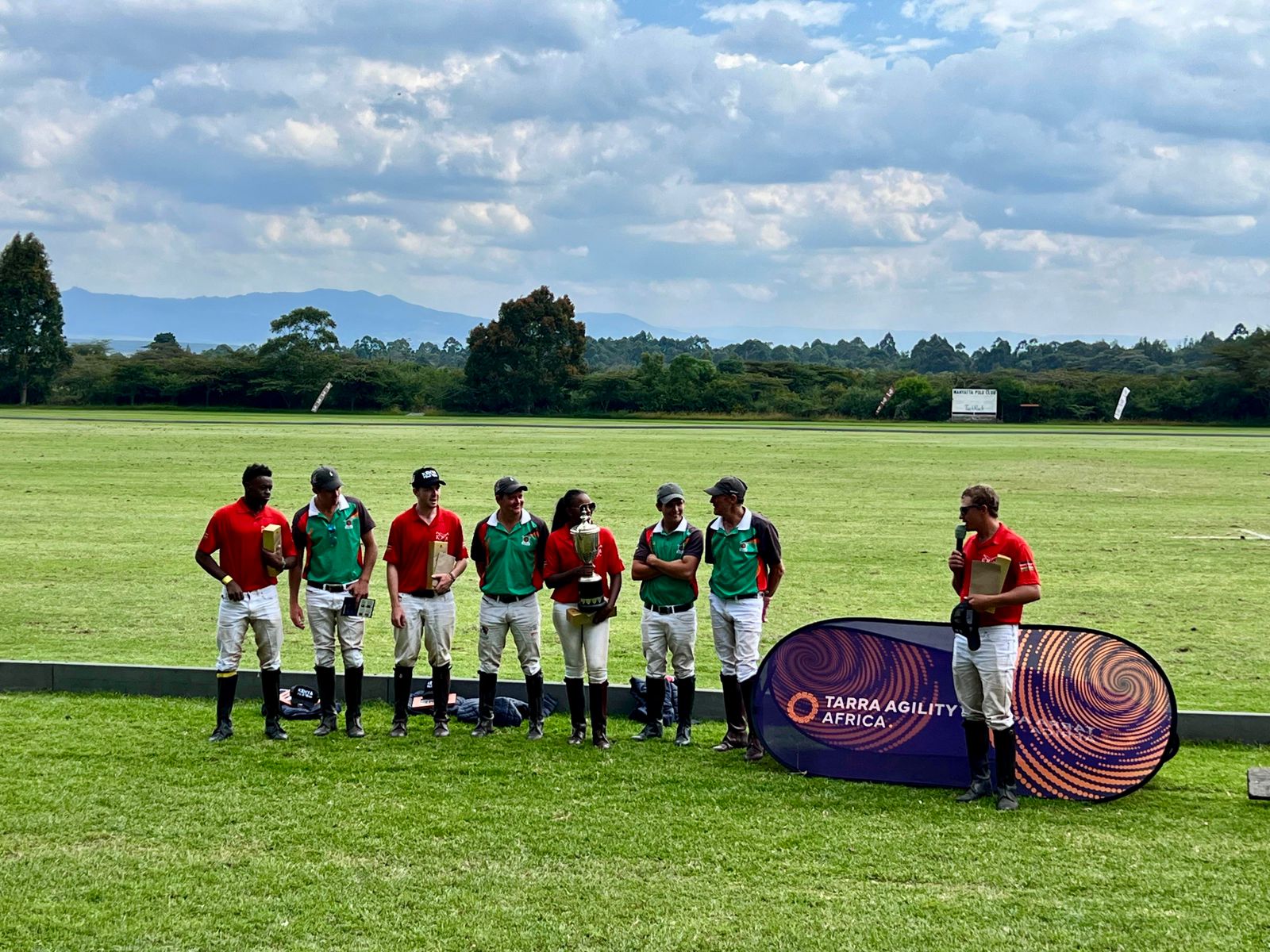This case revolves around the dispute between a Nairobi based confectionery and beverage company and the KRA regarding the interpretation and application of Section 14 of the Excise Duty Act, 2015, specifically in relation to the classification and tax treatment of preforms used in the manufacture of bottles for packaging beverages.
The Sweet Maker is engaged in the manufacturing and trading of confectionery and non-alcoholic beverages, including bottled water and energy drinks. The dispute arose when the KRA conducted a review of the Sweet Maker’s excise duty declarations for March, April, and May 2023.
The KRA assessed that the Sweet Maker had wrongly claimed input excise duty on preforms, which are used to make plastic bottles for packaging beverages. The KRA’s position was that preforms are finished products used as packaging materials and therefore not eligible for excise duty relief under Section 14 of the Excise Duty Act.
The Sweet Maker contested the KRA’s decision, arguing that preforms should be classified as raw materials used in the production of bottles, which are necessary for manufacturing the finished product (bottled beverages). The Sweet Maker cited the definition of “raw materials” in Black’s Law Dictionary and other relevant laws, arguing that preforms undergo substantial processing before becoming bottles and thus should be eligible for excise duty relief.
The KRA maintained that preforms are finished products used for packaging and not raw materials, hence not eligible for excise duty relief. It referenced previous cases, including the Beiersdorf East Africa Limited case, to support their position that packaging materials do not qualify for excise duty relief under Section 14 of the Excise Duty Act.
The Tribunal analyzed the arguments presented by both parties, focusing on the interpretation of the term “raw materials” and the nature of preforms. The Tribunal noted that preforms undergo significant processing to become bottles and are essential for the final product (bottled beverages). The Tribunal distinguished this case from the Beiersdorf case, highlighting that in the present case, preforms are intermediate products in the manufacturing process, not finished goods.
The Tribunal concluded that the Sweet Maker’s preforms qualify as raw materials under Section 14 of the Excise Duty Act and that the KRA erred in disallowing the Appellant’s excise duty claim.

CPA Beatrice Njeri – Partner
Head of Tax & Accounting
beatrice@tarraagility.com
partners@tarragility.com


